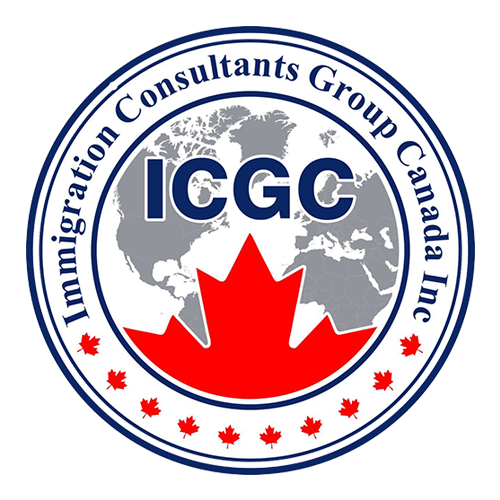How long do you need to stay in Canada to get citizenship?
The simple answer is at least 3 years out of the last 5 years, but there’s more nuance than that.
In order to become a Canadian citizen you need to have been physically present in Canada for at least 1,095 days out of the five years immediately before you apply for citizenship. But keep in mind, when it comes to Canadian citizenship eligibility not all days are considered equal.
Immigration, Refugees and Citizenship Canada (IRCC) only counts days as “full days” if you were physically present in Canada as a permanent resident. You need to spend at least two years in Canada as a permanent resident in order to meet the physical presence requirement.
Each day you spend in Canada as a temporary resident counts as a half day up to a maximum of 365 days. Since each day only counts as half, it takes two years to reach this maximum. It is not necessary to spend time in Canada as a temporary resident for the purpose of citizenship, but it is important to know that time as a TR only count as half so you know how to calculate your physical presence requirement.
Here are some hypothetical scenarios to give you an idea of how physical presence calculations work:
- Kinza worked in Canada for three years on a Post-Graduation Work Permit (PGWP) before she got PR. Two years after becoming a permanent resident she applied for citizenship. IRCC counted two of her years in Canada on the PGWP as one year toward her physical residency requirement. Then the two years she spent in Canada as a permanent resident were added for a total of three years toward her citizenship eligibility.
- Sandeep got approved for permanent residence from outside of Canada through the Federal Skilled Worker Program (FSWP). He lived in Canada for three years and decided to apply for citizenship. IRCC counted every day he spent physically present in Canada as a full day since he had never lived in Canada as a temporary resident.
- Idara was working in Detroit, USA when she got permanent residence in Canada through the FSWP. She moved to Windsor, Canada and commuted to work every day to the US. She did this for five years before applying for Canadian citizenship. IRCC counted each day Idara went to work in the US and returned home to Canada as a full day. Since she had been a permanent resident living in Canada for five years, she had spent more than enough days in Canada to meet the physical presence requirement.
IRCC recommends on its website that you stay physically present in the country for more than the minimum 1,095 days before applying for citizenship, just to make sure you really are eligible.
Other eligibility criteria for Canadian citizenship
In addition to the physical presence requirement, here are some of the other eligibility criteria for Canadian citizenship:
- You need to be able to speak either English or French well enough to communicate in Canadian society. If you are between ages 18 and 54 you have to submit proof of language proficiency.
- You cannot have a criminal history that prohibits the granting of citizenship, as decided by IRCC.
- You must be aware of the rights and responsibilities of citizens and have basic knowledge of Canada’s geography, political system, and history.
- You may need to file taxes in Canada for at least three years during the five years before the date you apply.
- Also, you must submit a formal application to IRCC and pay a government processing fee, and right of citizenship fee.
Once you meet the eligibility criteria, you can apply for Canadian citizenship. Then once approved, applicants between ages 18 and 54 will have to take a citizenship test. Then you must attend a citizenship ceremony and receive a certificate of Canadian citizenship, and take the Oath of Citizenship. After that, you officially become a Canadian citizen.
Physical presence requirement for refugee claimants and Pre-Removal Risk Assessment (PRRA) applicants
If you received a work or study permit while your refugee claim or PRRA was being assessed, these documents did not grant you temporary resident status. Therefore, you cannot use this period of time in your physical presence calculation.
If you are claiming time as a protected person, the only time allowed is the time from when you received a positive decision on your claim or PRRA application until the day before you became a permanent resident. The days you spend in Canada after approval and before permanent residency counts as half a day toward your citizenship application.
If you were in prison in Canada
If you spent any time in Canada in prison, on probation, or parole, those days usually cannot be counted toward your physical presence. There are some exceptions. Time on probation as a result of a conditional discharge may count towards physical presence if you did not breach parole or fail to comply with the conditions of parole. Also, time spent in prison or on probation does not have to be declared if you received a youth sentence and successfully competed that sentence. If your time serving a sentence for an offence in Canada happened more than five years before the date of your application, then it does not have to be declared as it is outside the period that IRCC considers for the physical presence requirement.
source: cicnews.com


